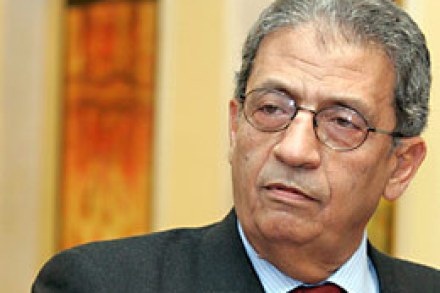Budget 2011 live blog
1348, PH: And Ed Miliband comes to a close, still sounding the same note: that the growth downgrades prove the coalition is bad for the nation’s health. We’ll come to a close there, too. Thanks for tuning in. More Budget coverage on Coffee House all afternoon, starting with these graphs. 1244, PH: Ed Miliband is suggesting that Labour were tougher on the banks because their bonus tax raised £3.5 billion. Problem is, it’s esimated that, after other tax effects, the actual amount that ended up in Treasury coffers was more like £2 billion — if that. 1342, PH: Oh, Miliband’s back on growth again: “The OBR has factored in every















